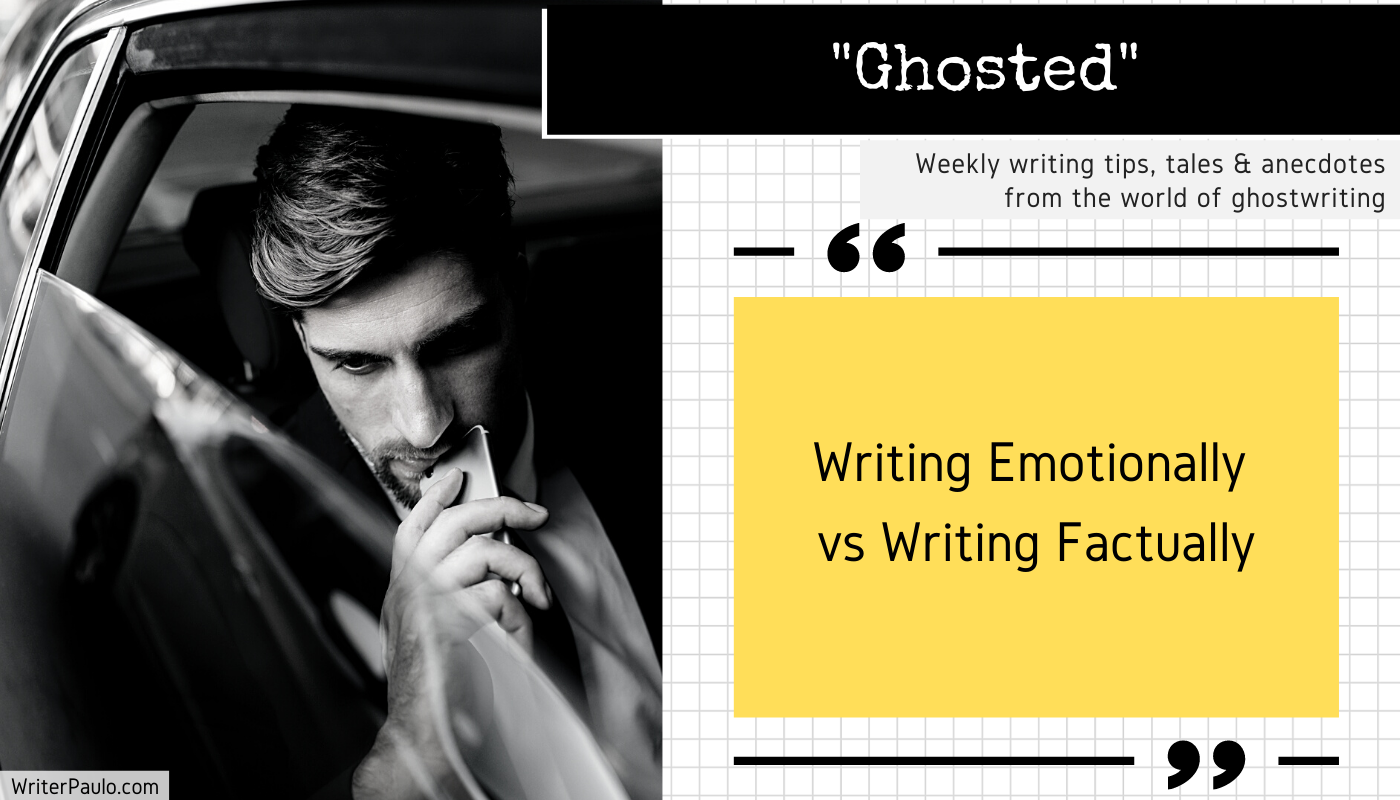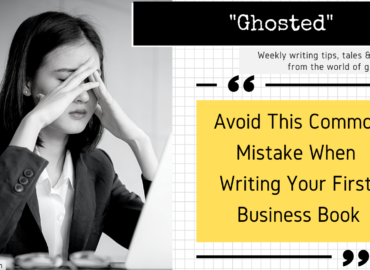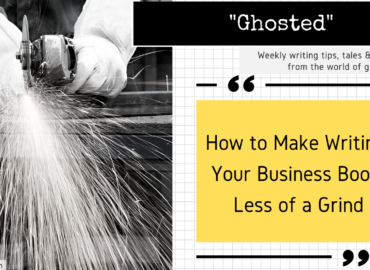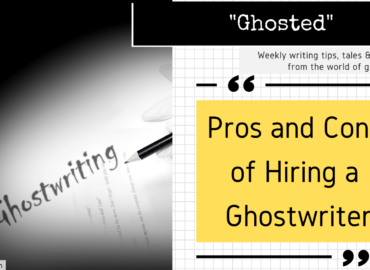I hit a conundrum last week while writing for a regular client — it was taking me one-and-a-half times longer to finish off articles for him. Seeing as I charge fixed prices, that meant I was earning only 75 percent of my usual rate.
The problem was that I was writing about COVID. (Yes, the pandemic has sent lots of COVID-related work my way as people hurried to stay “relevant” in an ever-changing scene.) The problem is that Google, Facebook, Instagram, Twitter, and many of the Big Tech Moguls have actively censored content related to COVID, even when medical and scientific experts had authored the information.
My client pays me to write stuff that will rank well for SEO. If he gets penalized by Google, he’s paying me for nothing.
The reason it was taking longer to write these COVID-related articles was that I had to cross-reference everything, linking to “authoritative” sources (a.k.a. “news sites” — even though mainstream media’s credibility is in the gutters these days).
Hunting for “authoritative” material which would also fit within Google’s current narrative of what is “true” and what is not was both exhausting and extremely time-consuming.
I’m not a medical professional. For larger ghostwriting projects, my lack of knowledge in an area is never a problem — the money is on the table, and I spend my time learning about the subject (“diving deep” as some like to say) and extensively interviewing the people I’m ghostwriting for to be able to write authoritatively on a subject. But, in those cases, I’m not really the one doing the research. I am truly “ghostwriting” — taking my clients’ words, emulating their voice, and giving it expression.
For this particular client, the budget simply doesn’t allow that.
Detail makes the narrative.
Extreme levels of detail in a piece of writing really make the piece stand out. It shows you know what you’re talking about, keeps interest high, and ends up being a persuasive piece of writing.
“Naming names” is a good way to put it.
If you want to write a high-impact, authoritative bit of prose that stays in people’s minds, go crazy on the details.
I remember reading a piece on Medium which must’ve been easily 5,000 words long, possibly more. It was commenting on a scorching subject at the time, which had created a tremendous amount of hoopla and brouhaha on the web due to a tweet from a famous person. (All the crap on the internet seems to start on Twitter these days, doesn’t it?) Anyway, while the mob frothed and fumed and called for “canceling” this particular personality, this article managed to give an in-depth, insightful, knowledgeable, and insanely well-researched view of the subject and the person.
I read it to the end. (Sadly, I did not save the link, nor do I remember who wrote it.)
Details, details, details. “Gimme details!”
In his epic fiction book, The Passage, Justin Cronin has one of the characters recall that his late wife always wore socks to bed (or something like that), and then the character made some or other comment about remembering the details. I took that as being an Easter Egg writing tip. (Writers are always dropping Easter Egg writing tips into their tales. Stephen King does it in 11/22/63 when Jake Epping tells Frankie while drinking a root beer that “Sometimes a cigar is just a smoke and a story’s just a story.”)
Do you see how I remember those things? The detail sticks in my mind. It was probably the detail surrounding Jake Epping’s near-orgasmic experience while drinking root beer at that store that made the rest of the piece stick in my mind. (By the way, you can learn a lot about non-fiction if you read lots of fiction.)
“I’m amazed at the amount of research you did for these chapters, Paulo.”
I’m working on a pretty incredible book right now, which I hope (knock on wood three times) will make it onto the NYT Best Seller lists. The author’s network is solid, and the book’s main idea is unique and compelling.
Now, only the writing has to shine.
For this particular project, my client was happy to pay me my full fee for top-quality work. So I can really take the time and put in the work necessary to make this book a masterpiece.
That means I get to do an enormous amount of research, adding in the minutest of details possible to every aspect of the book.
The work is grueling. This is probably why so few busy people can write a book completely by themselves — it is an enormous task if you want to write something of best-selling quality.
We needed to get some sample chapters completed to send to his agent, and when I sent them over, he said to me, “Paulo, I’m amazed at the amount of research you did for this.”
He has no idea. That work was tough.
But it’s what makes the story.
“Gimme details!”
Facts and figures make something enjoyable, but emotion makes it visceral.
If you can combine incredible detail and insightful knowledge with a touch of emotion — anger, frustration, love, awe — you’ve really got it made.
But emotion is tricky. If you lay it on too thick, your piece is going to lean too far into the realm of soapbox rhetoric.
Although I believe everything is always written with an “angle” (even supposedly “objective reporting” — haha, what an oxymoron!), sometimes that angle is laid on so thick that it starts to give you vertigo.
You won’t experience that vertigo in an echo chamber. The “news” (a.k.a. the Alternative Entertainment Industry) is skewed so far left in some outlets (Slate, Mother Jones), slightly left (CNN, NYT), or so far right (FOX News, NY Post) that anyone who isn’t already in their fold feels a sense of revulsion and agitation watching their propaganda.
These “far-left” and “far-right” news outlets have ceased to be news outlets and have now become nothing but propaganda-spewing mouthpieces.
But they have an audience! Like any good entertainer, they are playing to the crowd! Kudos to them. News is business, after all.
Look carefully at the tone with which these media organizations “report” their stories — they are laden with emotionally-charged language which has no place in objective reporting. And yet, their fans lap it up.
That’s emotional writing. It’s visceral, inciting, and sometimes incendiary.
When you engage purely in emotional language (which can be done using beautiful prose), you’re going to alienate a few people. But you’re also going to get your fans to cheer and stomp raucously from the bleachers.
This type of writing has its place. Humans are creatures of emotions. Facts and figures might help us make sense of an emotional subject, but you’ll never get that raw power of an accelerated heartbeat and surging adrenaline from purely factual writing.
To get people excited, you’re going to need to get emotional.
What I decided to do with my client — and what you can learn from it
I decided to stop trying to cross-reference every iota of information I was writing about for this particular client, and I decided to write a bit “from the heart” instead. Like everyone else on earth, I’ve read my fair share of COVID-related news, and I have opinions about that news.
Do I have links to that news? No. Does it matter?
Well, I decided that, in this particular case, it didn’t. The Big Tech scene with regards to this subject is so tremulous at the moment that, even if you do everything right, you’re probably still going to get censored.
There are two factors involved:
- Getting found via search
- Leaving an impression after someone reads your article
There are enough staid and scientifically written articles out there on this subject. Endless “official” and “expert” websites (even when they don’t seem to know what they’re talking about). How could my little article compete?
It couldn’t. Not on this playing field.
And the playing field is not only the virus — it is any playing field where content is ubiquitous and the competition fierce. (That pretty much describes the entirety of the web except for especially niche subjects.)
I decided to write emotionally. I decided to “let ‘er rip!” and spring forth a torrent of musical wordage which would speak to the potential reader.
Goodness me, did the work come out beautifully! And I did it in half the time!
Search is not the only place this client will be getting people to his site. He’s also advertising heavily.
I focused on point #2 above: Leaving an impression on the reader. In a market where someone can get Product A from multiple vendors, what will make them choose to remain on my client’s website?
Emotions. Information they can agree with and which tells them something they aren’t getting from the news and the “official” sites — opinions, views, ideas.
The trick is to write it so that it doesn’t completely alienate anyone on the opposite side of the fence. As with all writing, you have to keep your goals front and center — my client’s goal is to get people to purchase his product, not to change the world or make political commentary on lockdowns. To that end, the writing must perforce be somewhat mildly toned. If the site’s purpose had been to incite political change, the writing would need to be a lot more forceful.
You have to keep your target audience always in mind.
Twitter is all about emotion. And look at the mess it creates!
Politicians, media personalities, celebrities, all these people tend to appeal to the visceral when tweeting. It’s abhorrent. But it is what it is.
What has always frustrated me about Twitter is that its fundamental premise is to dissuade intellectual and logical conversation. An open expression of ideas requires a certain number of words to be expressed.
Twitter’s very business model goes against that. And so the “open discourse” of the 21st century has been reduced to people thumbing “I disagree!” or “Bullshit!” or even better, “You’re an idiot!” in response to someone else’s tweet.
Welcome to the enlightened age.
Trump was the worst (or best, depending on how you view it) at this. His tweets were visceral, divisive, polarizing, aggressive, contentious — his tweets were emotional. Maybe too emotional. When you publish content whose sole purpose is to provide entertainment for those within your fold and to criticize those without it, you’re going to piss enough people off to finally get burned.
Maybe that’s a good strategy for politics and attention seekers. It is rarely good practice for business people or people trying to write a popular book that appeals to a majority of readers.
That’s the main problem with overly emotional writing — you’re going to alienate more people than with purely factual writing.
How to write emotionally powerful pieces that don’t alienate too many readers
As with all writing, the magic happens with words and the choices of words. Whereas Stephen King is famous for saying that you shouldn’t use a thesaurus, trying to write moving prose without ever referring to a thesaurus is like trying to dig a hole through rocky ground with only a spade but no pick.
The trick to using a thesaurus is to completely understand the alternative words the thesaurus is showing you. I’ve read stories where the author’s excessive use of a thesaurus clanks like a broken engine. The writing is really jolting. Once, I read an award-winning story that contained so many “I got this clever word from a thesaurus” words that it pulled me completely out of the story and had me thinking of the writer with his head buried in a thesaurus during every sentence.
Drawing your reader’s attention to the act of writing itself is bad. Keeping the reader’s attention on the story, with an occasional thought of “Oh, that was really well worded” is good.
I never use a word I discover from a thesaurus the first time I see it. But I do make a mental note of it. I look it up in the dictionary. I chew on it. I mull it over. I try and see if it would fit the context I’m writing in.
How else are you supposed to learn new words!
Often, I’ll come across that word in an article I’m reading a few days, weeks, or even months later. I’ll remember seeing it in the thesaurus and smile a little — that word is now a little more a “part” of me. I now understand its nuances better, its contexts, its collocations.
If I come across that word again when using a thesaurus, and I feel that it fits, I’ll damn-well use it!
If you’re going to write, you need to know words. You need to make them your bedmates, your lovers, your friends, and your confidantes. Words are the notes of your literary composition. You need to be facile in their use and constantly remind yourself of their existence.
Unlike music, however, there are a lot more words in the world than there are notes. So, in writing, it’s a continual exercise.
Thesauri are good “memory joggers.” They help me remember words I’ve come across in my daily quest to improve my vocabulary and increase my ability to turn a phrase that will make people raise their eyebrows and remember what was written.
I use thesauri all the time. And you will need to use them to create emotionally powerful writing.
In some or other “Great Courses” lecture I heard on Audible, the professor said something to the effect that a great vocabulary is not about knowing lots of words but about knowing the right word.
Well, you have to know lots of words to know the right word.
Target markets come into this again. Often, you will need to choose a “simpler” word for your piece of writing instead of “the perfect” word because your target audience might be unlikely to understand it.
This is more the case in internet writing than in writing a book. When writing a book, you can often assume that the people reading it will have some degree of fluency in the language, and you are freer to express yourself with just the right words to elicit the emotional response you seek.
An absolute master of balancing facts with emotionally powerful prose is Jeffrey Tucker of the American Institute for Economic Research. Read his writings — all of his writings — and learn from them. (I particularly love his use of the powerful word “scandal” in this article.)
Modifiers can be your friend or your enemy. Adding an emotionally powerful modifier before another word can change the concept from insipid to moving. The same goes for verbs. Using powerful verbs can completely transform a piece of writing.
Compare “He hit him” to “He bludgeoned him.” “They drank wine” vs. “They guzzled wine.” “I dislike it” vs. “I loathe it.”
As with all art forms (and writing non-fiction is art — don’t let anybody tell you otherwise), there’s a sixth sense of sorts involved in this. That sixth sense is gained by dipping your hand in the art form repeatedly, every week, every day. No artist ever stops learning, and the true balance between what is “viscerally emotional” (bordering on polarizing) and what is “emotionally nuanced just enough to create a forceful message without alienating the majority of readers” is a fine one.
And it is learned with experience.





